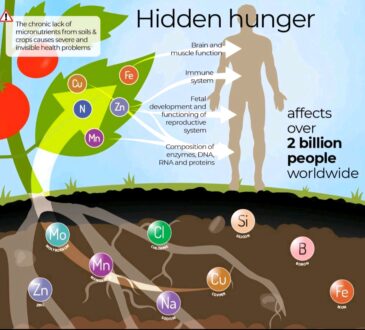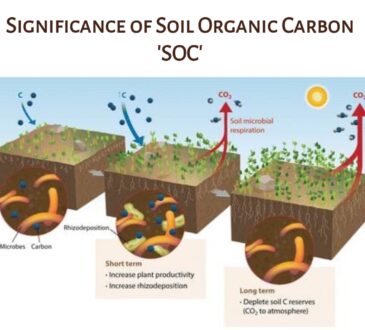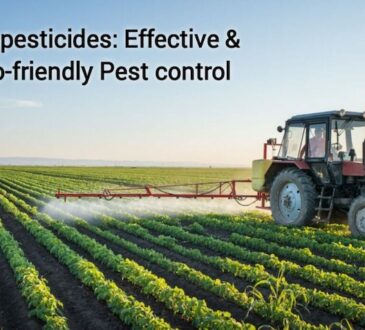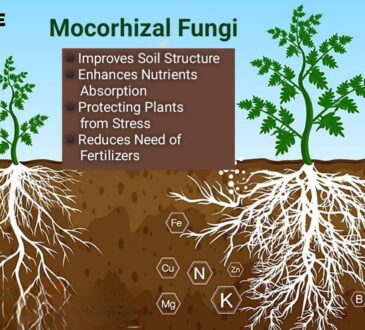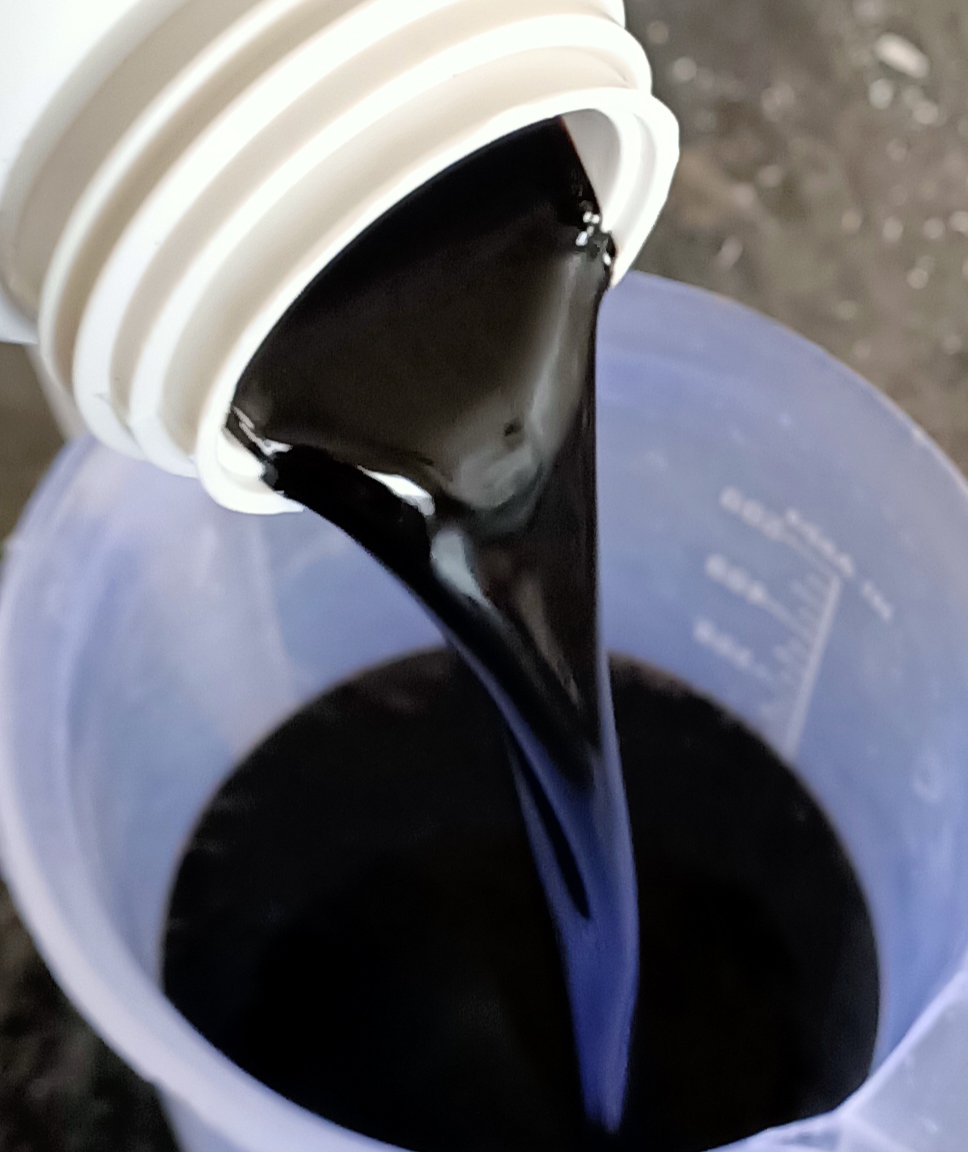
Bio slurry or biogas digestate is a nutrient-rich liquid fertilizer that is produced as a byproduct of the biogas generation process. Cow dung is collected and fed into a biogas digester, along with water and other organic materials. Inside the digester, anaerobic bacteria break down the cow dung and other organic matter through a process called anaerobic digestion. This process produces biogas, which can be used as a source of renewable energy. As a byproduct, the digester also produces a liquid residue called biogas slurry or digestate, which contains valuable nutrients. In the process several gases are produced and eliminated, mainly methane (CH4) and carbon dioxide (CO2), ammonia (NH3) and hydrogen sulfide (H2S). These gases are reduced in concentration during the digestion process, making the slurry less odorous and more environmentally friendly.
Benefits of fermented Biogas slurry:
1. Nutrient-rich fertilizer: Biogas slurry is a concentrated source of essential nutrients like nitrogen, phosphorus, and potassium, along with trace elements. These nutrients are vital for plant growth and development.
2. Organic matter enrichment: The slurry is rich in organic matter, which improves soil structure, enhances moisture retention capacity, and promotes beneficial microbial activity in the soil.
3. Reduced odor and pathogens: The fermentation process in the biogas digester reduces the odor and pathogen content in the cow dung, making it more pleasant to handle and reducing the risk of disease transmission.
4. Environmental sustainability: By using cow dung in the biogas digester, it serves as a way to manage and utilize organic waste effectively, reducing greenhouse gas emissions and contributing to a cleaner environment.
5. Balanced nutrient ratios: Biogas slurry typically has a balanced nutrient composition, which can help avoid nutrient imbalances that may occur when using synthetic fertilizers. This balanced ratio contributes to better crop nutrition and overall plant health.
6. Organic matter addition: The organic matter in the slurry improves soil fertility and structure. It enhances the soil’s ability to retain moisture, improves aeration, and encourages the growth of beneficial soil organisms. This, in turn, promotes nutrient cycling and availability to plants.
7. Microbial activity stimulation: Biogas slurry contains beneficial microorganisms that can enhance soil microbial activity. These microorganisms contribute to nutrient cycling, organic matter decomposition, and the suppression of harmful pathogens.
Overall, the use of cow dung slurry or any other bio digested waste, fermented in biogas provides an eco-friendly and sustainable approach to enhance crop nutrition, improve soil fertility, and reduce dependency on synthetic fertilizers, thereby supporting more sustainable agricultural practices.
#soilhealth #soilscience #sustainableagriworld #sustainability #LFOM #biodigester #agriculture #organic #organicfarming #biofertilizer #organicfarming #wastemenegement
Rahul Padwal
Pune India

